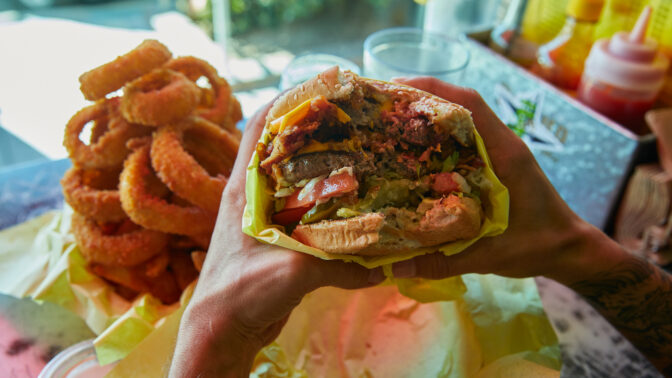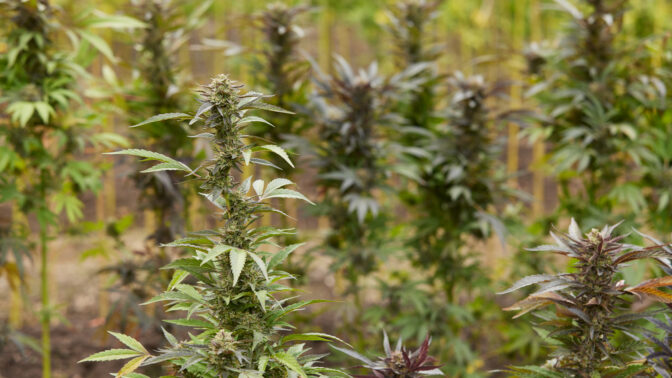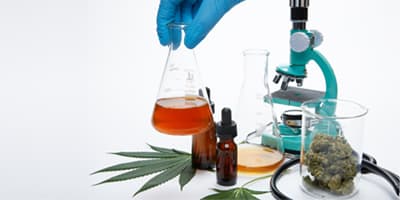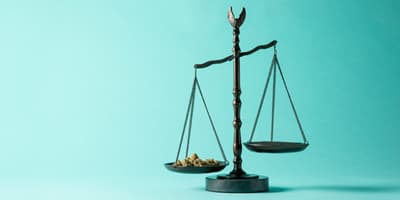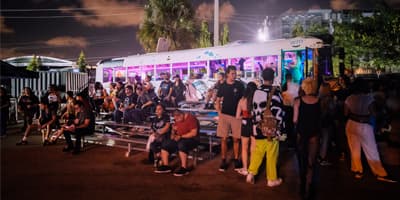British Columbia's natural beauty beckons locals and visitors to seek adventures including fishing, river rafting, skiing, or a number of other breathtaking activities.
And with cannabis legalization in effect throughout Canada, a more mellow kind of adventure has taken over B.C.
But of course, there are rules. So before you gear up with tackle for some salmon fishing, and plan to have a majestic doobie dangling from your lips, here's what you need to know.
Where and How to Buy
Private owners can apply for licensing to operate cannabis stores in British Columbia under the Liquor and Cannabis Regulation Branch. They will need to undergo a federal background check. Very few retail locations have been approved to open at present.
The province's B.C. Liquor Distribution Branch (LDB) oversees BC Liquor Stores and online sales, and is the sole wholesale distributor of adult-use cannabis. Its BC Cannabis Stores website is up and running. Customers can filter for cannabis products and accessories under various categories. For example, flower can be filtered by brand, potency, and also where in Canada they are produced. On Oct. 17, 2018, the first BC Cannabis Store opened in Kamloops, and the city has approved applications for two more. The LDB also has received approval to open BC Cannabis Stores in Campbell River, Williams Lake, Cranbrook, Terrace, Salmon Arm, and Fort St. John.
Both government-run and private retail stores can sell a maximum of 30 grams, or a little more than 1 ounce, of dried cannabis or its equivalent in oil or seed to a customer at any one time.
How to Consume
As with alcohol and tobacco, cannabis consumers in British Columbia must be at least 19 years old. They can buy dried cannabis flower, prerolls, oils, capsules, seeds, and cannabis accessories at BC Cannabis Stores and online. Edibles and concentrates are currently illegal federally. According to federal law, they will be legal for sale about one year after the Cannabis Act took effect on Oct. 17, 2018. However, consumers can make their own edibles.
Generally, adults 19 and older can consume adult-use cannabis in public places where tobacco smoking and vaping are allowed.
Adults 19 and older can grow up to four cannabis plants per household, but the plants can't be visible from public places outside of the property.
What Isn't Allowed
- It is illegal for those younger than 19 to consume or possess recreational cannabis.
- It is also illegal for those of legal age to possess more than 30 grams, or a little more than 1 ounce, of non-medical cannabis in a public place.
- Smoking and vaping of adult-use cannabis aren't allowed in areas where children are often present, including parks and playgrounds.
- Indoor smoking and vaping aren't permitted in the workplace; restrooms; meeting rooms; break rooms; or common areas within apartment buildings, condominiums, or dormitories.
- It is illegal to consume marijuana while operating or riding as a passenger in a land, sea, or air vehicle, regardless of whether the vehicle is in motion.
- Home cultivation of recreational cannabis is prohibited in dwellings used as day-care facilities. Landlords may also restrict or prohibit home cultivation.
- Local governments are allowed to add more restrictions as they see fit.
First-Time Use
Though the retail boom of cannabis sales hasn't quite happened yet in British Columbia, it may be on its way. Regardless of where you buy cannabis, make sure to ask questions about the cannabis type, potency, and possible effects of what you purchase. Canada's government website offers details on the potential short- and long-term health consequences of cannabis. The most important rule to keep in mind if you are a newcomer is to start low and go slow.

Cannabis Legalization in British Columbia
The British Columbia Legislative Assembly in August 2018 passed Bill 30 – 2018: Cannabis Control and Licensing Act, governing adult-use marijuana. Recreational cannabis officially became legal nationally throughout Canada on Oct. 17, 2018. Medical marijuana has been legal since 2001.
However, British Columbia already had a thriving cannabis culture before then and is home to world-renowned strains informally known as B.C. Buds. According to Statistics Canada's 2017 Cannabis Provincial and Territorial Economic Accounts report, B.C. is the No. 1 provincial producer of cannabis products, accounting for nearly 37 percent of total Canadian production, and No. 2 among all provinces and territories in per-capita consumption.
Featured image: Aerial view of Vancouver, B.C., by Spencer Watson via Unsplash.
